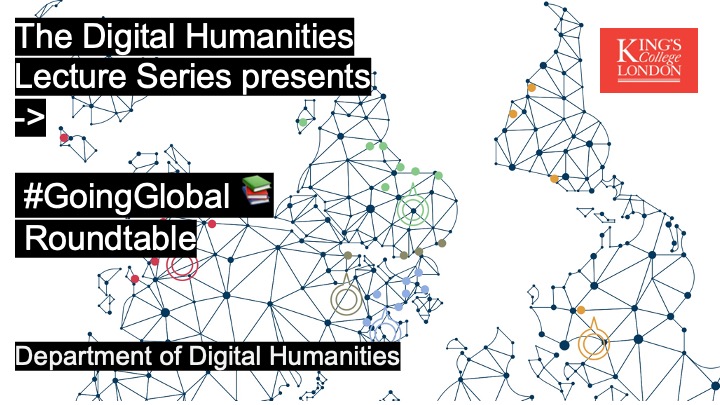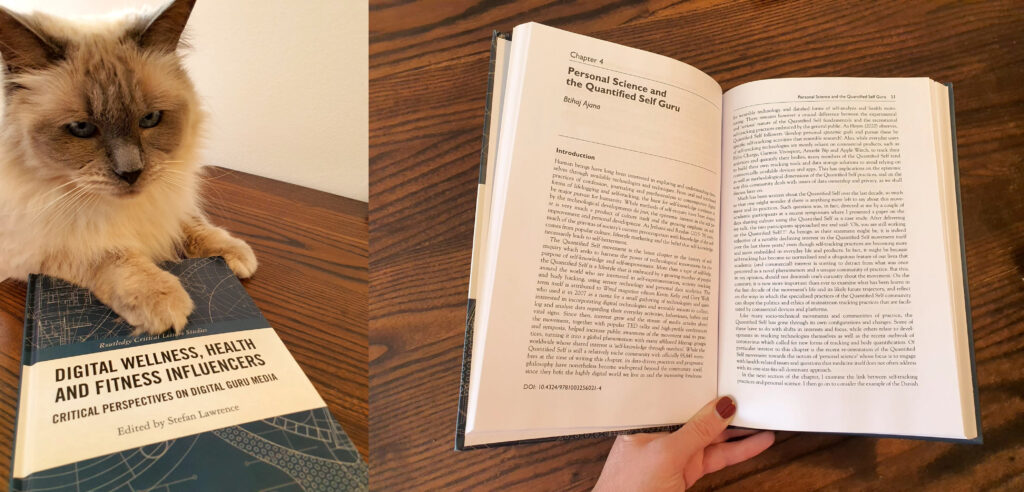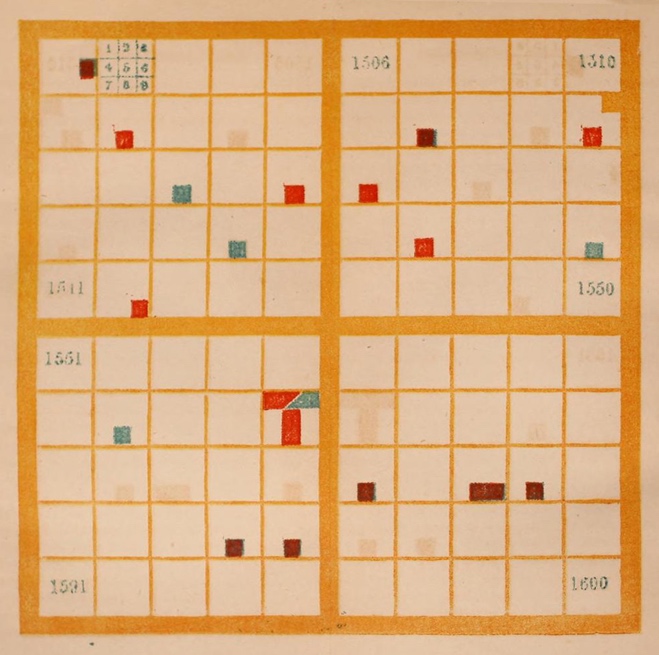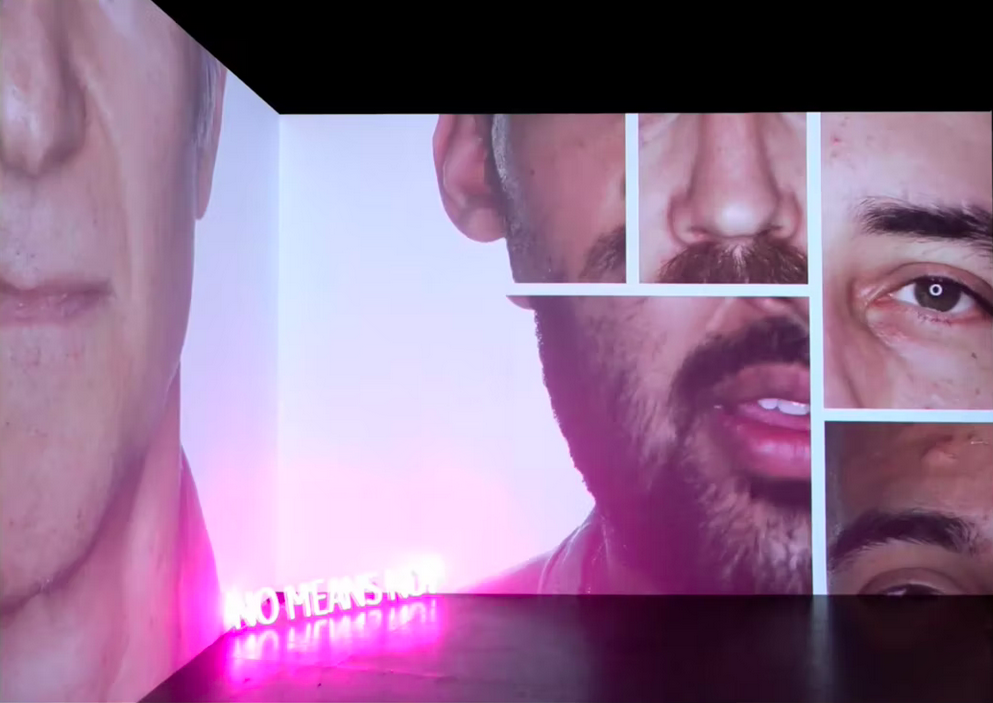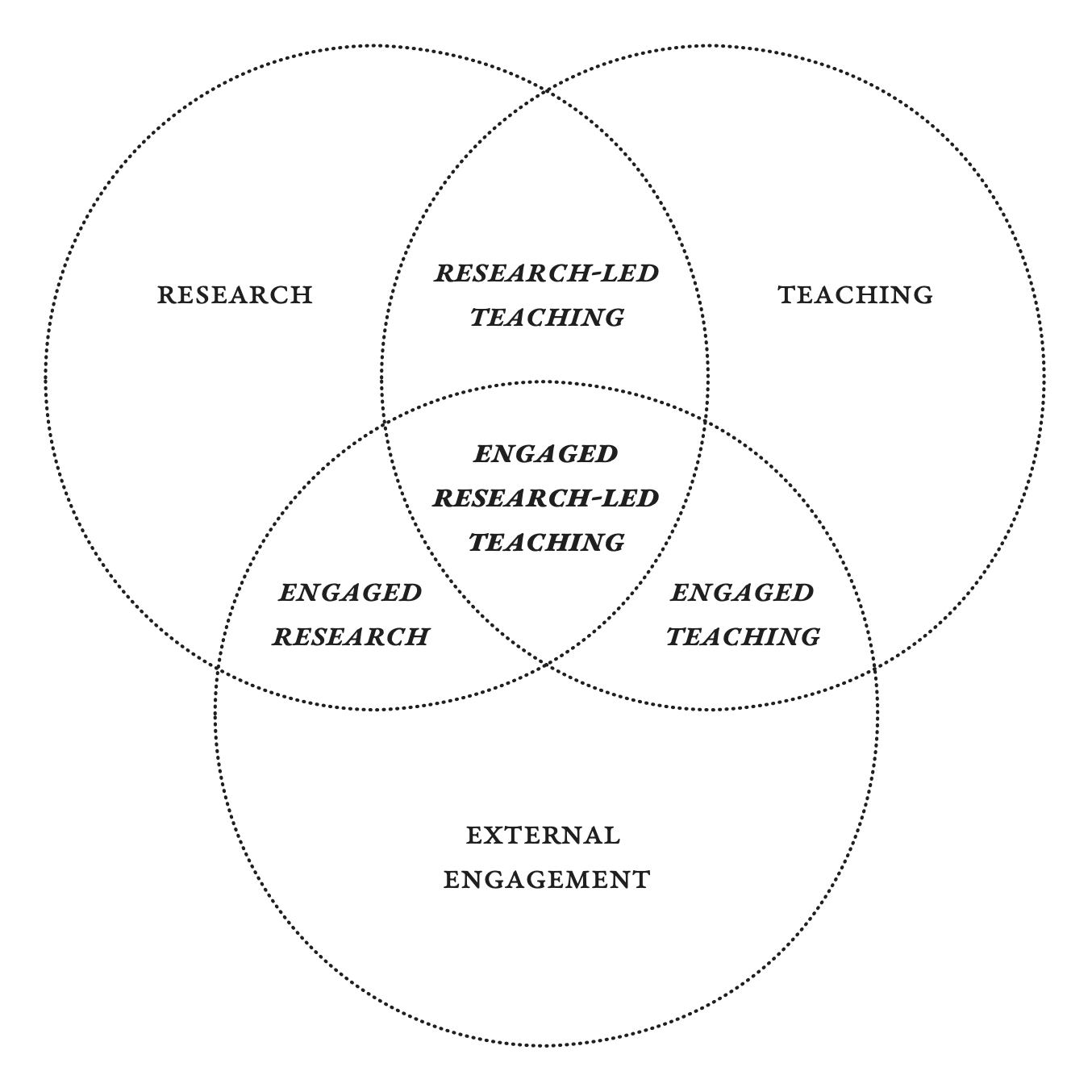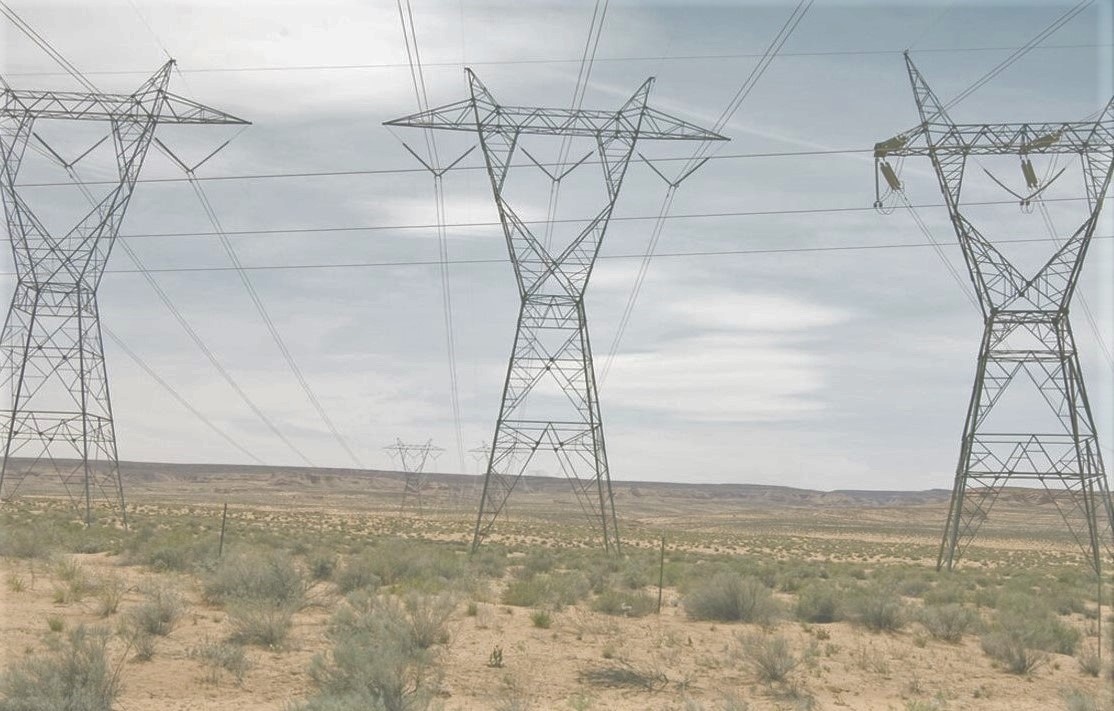Please join us in discussing “Going Global”, a roundtable about studying Global Digital Cultures in non-Western contexts.
Over the last academic year, the members of the Department of Digital Humanities have held a series of talks doing research on Global Digital Cultures in non-Western contexts. This emerging Research Cluster covers a wide array of geographies – India, Japan, Malaysia, Morocco, Somalia and South Africa – and an equally wide range of topics – virtual idols, memes, museums, infrastructures, and more.
We want to warmly invite you to this roundtable discussion, in which we bring together the speakers from last year’s Going Global talk series to reflect on what it means to study Global Digital Cultures. By drawing connections and comparisons between our different topics and geographies of study, the participants will offer insights into politics and problematics of studying digital technologies across the world.
Date: Wednesday, 19 October 2022
Time: 5-6.30pm
Location: Strand Campus, Anatomy Lecture Theatre, room K6.29
Participants: Elisa Oreglia, Peter Chonka, Ashwin Mathew, Laura Gibson, Niki Cheong, Rafal Zaborowski, Cristina Moreno Almeida
Registration required: https://www.eventbrite.co.uk/e/the-digital-humanities-lectures-going-global-roundtable-tickets-429796873017
This roundtable is part of the Digital Humanities Lecture Series. In this lecture series, the Department of Digital Humanities at King’s College London presents research in progress critically inquiring the implications of digital technologies on our global digital cultures, digital heritage and culture, exploring opportunities for computation in the Arts and Humanities, and enriching the role of these fields in the domain of Computer Science.
Save the dates for future lectures:
16 November, 5pm – DH research on Artificial Intelligence
30 November, 5pm – DH research on Surveillance

